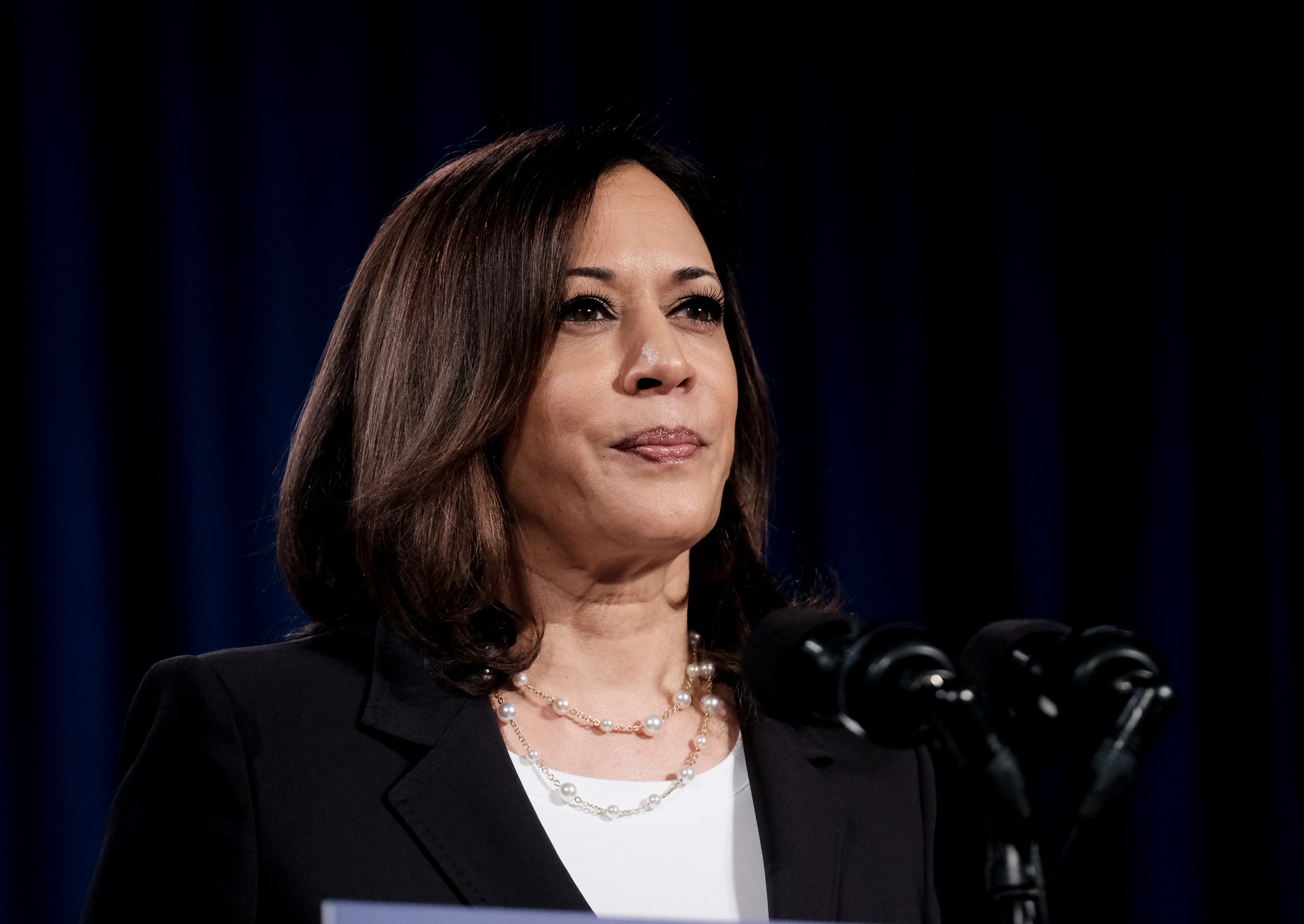
Democratic Vice Presidential Candidate Senator Kamala Harris, recently addressed the horrific police brutality shooting of Jacob Blake in Kenosha, Wisconsin saying: “The reality is that the life of a Black person in America has never been treated as fully human. And we have yet to fulfill that promise of equal justice under the law. We will only achieve that when we finally come together to pass meaningful police reform and broader criminal justice reform and acknowledge . . . systemic racism.”
Blake was shot by police at close range seven times in his back, in front of his three children. Harris delivered those remarks in a televised address only hours before the close of the Republican National Convention. My mind started carrying me past the summer conventions, beyond November 3rd — and the effort underway to win the upcoming election — to the moment we would have a transition of administrations in the White House, when a new agenda that works for people could be set and most importantly executed. To combat the conditions that have made the protests of police brutality in American streets so commonplace, we must pass a comprehensive policy reform package boldly addressing criminal justice reform, police brutality, and economic opportunity, so that all Americans can realize the American dream and their life potential, no matter the color of their skin.
Just weeks before Senator Harris’ remarks, I had grown frustrated by the failure of the U.S. Senate to take the protests seriously by refusing to advance a more significant measure like the George Floyd Justice in Policing Act. Instead, the Senate Republicans offered up the JUSTICE Act, which lacked transparency, oversight, and accountability, among other issues. In that moment, I realized that despite all of the police brutality, protests in the streets, widespread outcry, value statements, and heightened consciousness, we still did not have all of the stakeholders needed to be seated at the same table with the same agenda from a policy perspective. We had the ingredients, but not all the ingredients combined together with the right recipe. The passage of the Civil Rights legislation of 1964, 1965, and 1968 revealed to us in a classic form that strange bedfellows sometimes must align for a common outcome to get the bipartisan support necessary to pass broad sweeping reform legislation. We must take a page from this playbook in order to advance this ball at this critical juncture.
The obvious next question becomes, how can we get the needed bipartisan support for the needed widespread criminal justice and economic reforms? Earlier this summer, we had witnessed the parade of corporations, athletic organizations, and more issue their value statements disavowing racism, and a number of them began contributing financially to causes of racial injustice.
However, what was missing was corporate America’s ability and commitment to influence specific policy that required bipartisan support. To capitalize on this window before us, there should be a national convening in which corporations from the likes of Nike and Bank of America sit across the table from organizations like Innocence Project, Urban League, and other stakeholders who work to address economic disparities, criminal justice reform, and police brutality. Specific policies should be crafted and the timetable within 2021 be attached for completion of the deliverables (comprehensive criminal justice and economic policy reform passage). Corporate America is needed not only to contribute financially, disavow racism, and to make internal policy changes, but they must use their access to influence those policymakers who may not otherwise be supportive of a reform agenda, but that feel accountable to these corporations and their influence. After all, there is a tremendous difference between how a call from a constituent from an opposing party will be received versus a call from the NFL when calling a U.S. Senate Office.
This is a moment in our nation’s trajectory requiring the moral arc of the country to bend. It is also a moment that requires us to not just engage in unusual dialogue with the mainstream about issues of race, but to take extraordinary action to effectuate the desired change. In short, transformational leadership is required in order to get the long overdue change that we deserve as a nation so that America gets closer to realizing her promise for her people. Such an effort will require someone with the power of bully pulpit, and a strong ability to convene, in order to bring together and balance the power and diversity needed at the same table with timely execution on a bold comprehensive policy reform agenda.
It would certainly be fitting if we had our first Black woman elected as Vice President who could lead and convene this most pressing charge in the new year. In her own acceptance speech of the Vice President nomination, Harris closed by describing when our grandchildren ask us about this moment and what it was like saying: “We will tell them not just how we felt; we will tell them what we did.” I don’t know about you, but something tells me Harris understands what this moment means for our nation, and is ready to take on this most critical challenge for the people.
Amanda K. Edwards is an attorney, a former U.S. Senate Candidate, and former At-Large Houston City Council Member.